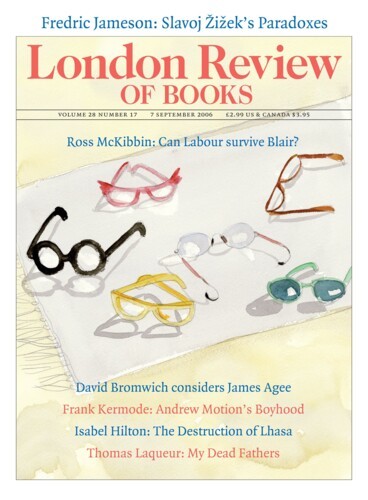Interview
Why do you write poetry?
Petals, aardvarks, goulash –
there is no end to it.
I’m sorry . . . ?
I, too, am sorry.
I am sorry for Petula Misericordia,
her unrequited love for Dan Splendid,
the mishap with the steam traction engine,
for the question that comes next.
Obviously poetry is a passion to you?
By no means. What is it, after all –
a collection of bombazine dildos,
lemon-flavoured aertex shirts,
letters to the editor
and prunes . . .
You don’t like it then . . . ?
I impugn your question.
You what?
I impugn it
with a toasting fork.
You are a dead broadcaster.
I am the Cimarron Kid.
You’re not taking this seriously.
I am always taking it seriously
out to the wheelie bin
and dropping in
the white lady in the grey underhose
who as we speak is speeding southwards
in a sealed railway compartment.
Perhaps that is poetry?
No, it’s love.
Can you recall why you began to write?
I was locked in a toilet
with a jackdaw and a notebook
and my mother was pounding
on the door.
Was it difficult to get pub– ?
I slept with the editor.
He was a very old man with a grey beard.
I suffered his snores
for an entire weekend in London.
Oh.
What do you mean ‘oh’?
Can you tell us who has influenced you?
My own mistakes have influenced me,
and the monsters on the way.
I see. Er . . . how did you feel
about the poetry reading tonight?
I saw myself translated
into a pool of slowly spreading marmalade
that smelt
of dahlias and hornpipes.
It was pouring hacksaws and drainpipes
and frankly,
I was lucky to get out of there
alive . . .
How do you see the future of poetry?
I see us lost in the great library
at Salivaville, making
little copies of ourselves there
and staring at the sea.
The sea . . . ?
High up on the cliffs,
we shall watch the approaching squadrons –
their black sails, polished, empty decks –
and wait for words to come to us
without regret.
Ernest Snaffleburger, thank you.
Thank you.
Something to Read
Today, a poem
by a member of
the American Academy of Letters –
a man who entitles
his poem ‘Happiness’.
In the poem:
some Asian philosophy –
the flow – you know
something about
‘the intentions of the day’.
But how can a day ‘intend’?
The lines of this intentional poem
have all been justified rightwards –
and at the end,
some happy thoughts occur to our laureate
about great poets:
Basho, Walt Whitman, Ernest
Snaffleburger, Czeslaw Milos, Rilke.
Those are his heroes
(except for Snaffleburger,
I just put that in
to see if you read this far).
Now, Ernest
had none of Basho’s brevity,
none of Whitman’s barbaric yawp.
Ernest laughed a lot
but I’m not sure that he was happy.
He had several wives
and he kissed them all in different beds.
Ask him about it all,
he’d write you a poem called ‘Tears’
and chuckle as he scribbled
a lyric impossibly sad.
Send Letters To:
The Editor
London Review of Books,
28 Little Russell Street
London, WC1A 2HN
letters@lrb.co.uk
Please include name, address, and a telephone number.

